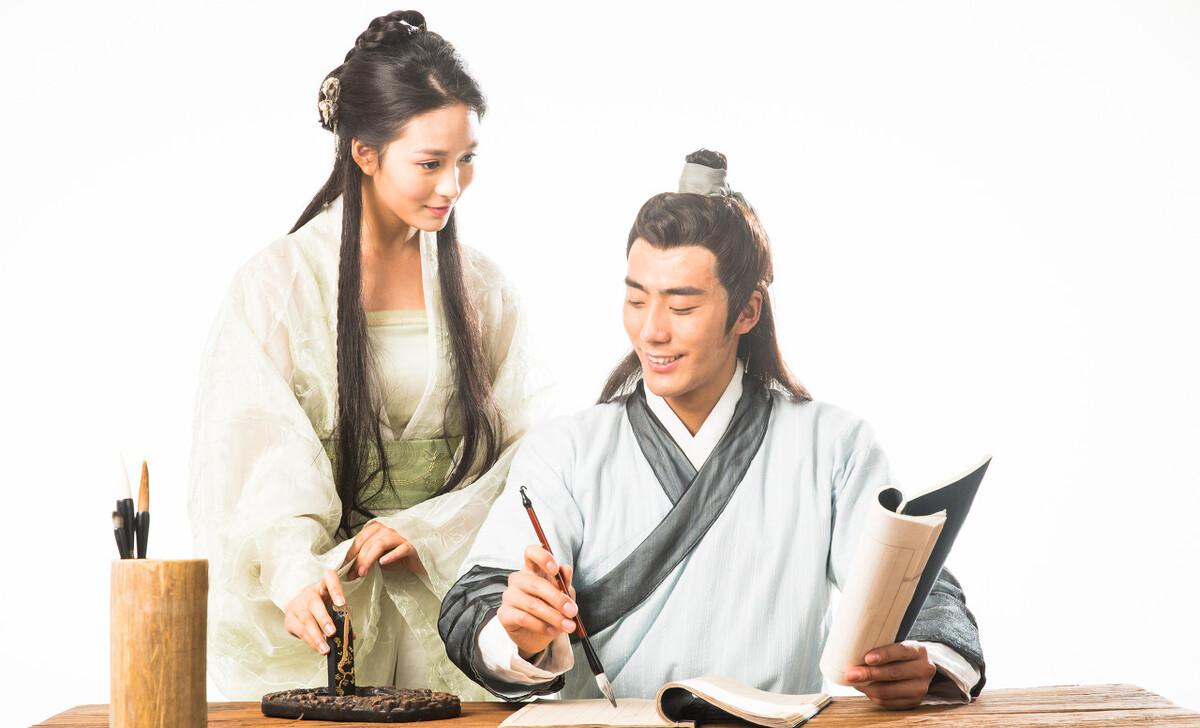[ Don Won-shu ]
Once the sea was shipwrecked as water, except for the Wushan Mountain is not a cloud.
Take the second flower bush lazy review, half edge monasticism half edge jun.

exegesis:
(1) Once upon a time: Once upon a time. Warp: Meridian, pass.
(2) Difficulty: This refers to the meaning of "not enough to care" and "not worthy of viewing".
(3) Elimination: Except, leave. This sentence means: In contrast, except for Wushan, clouds elsewhere are not called clouds. This sentence and the previous sentence are alluded to a relationship that I have been in contact with.
(4) Take times: hasty, hasty, casual. Here it is a "hurried pass", "hasty pass" or "careless passing" look. It should not be interpreted as "walking in order". Example: Song Luyou's "Autumn and Summer Night Xing": "Hu Tong holds a candle to open the rattan paper, and a Qing poem is taken from the second." Yuan Zhu Tingyu's "Green Apricot Farewell" song: "Where the intestine is broken, take the second parting." ”
(5) Flower bush: This does not refer to the flowers in nature, but to the place where there are many beautiful women, alluding to the brothel of qinglou.
(6) Half edge: This refers to "half because...".
(7) Monasticism: Refers to the cultivation of Taoist techniques. What is stated here is that the monastic person pays attention to purity of heart.
(8) Jun: This refers to a lover who was once a favorite.
The author translates:
The meaning of this poem is: Once I went to the canghai, saw the water of the canghai, and now I see the water elsewhere, it is no longer water, once I saw the clouds of Wushan, and now I look at the clouds of other places, it is no longer a cloud.
The "Three Hundred Poems of Tang Dynasty" is a classic among the classics, but this book does not include the fourth of Yuan Shu's famous "Departure from Thoughts"
Anyone who has read ancient poetry should know that there is an ancient poem that has been sung for thousands of years, praising the loyalty to love, the praise of the supremacy of love, although this poem was written by the poet to mourn his dead wife, but this poem has gone beyond the mourning poem, has been sublimated into a love poem, this poem interprets the most perfect love.
Every time I hurried past the beauties, I never looked back, half because of monasticism, half because of you.
Such a beautiful poem, such a poem that everyone recites, a poem that basically everyone opens their mouths, has not been recorded in the "Three Hundred Poems of Tang Dynasty" by the retired soldier of Su Tang.
Why? I checked a lot of information, and finally understood, the reason lies in the poet Yuan Shu's life style problem, the poet on the one hand praised the supreme, loyal love, on the one hand, spent days and wine, in and out of the Qinglou, loved six women in his life, his first love Cui Shuangwen, that is, Cui Yingying in "The Tale of the West Chamber", the first wife Wei Cong, that is, the protagonist of this poem mourning, that year, Yuan Shu was twenty-four years old, Wei Cong was twenty years old, it can be described as a talented woman, a match made in heaven, and Wei Cong is dignified and virtuous, and he is proficient in piano, chess, calligraphy and painting. It is really worthy of being a famous bridesmaid, but unfortunately, in the seventh year after marriage, Wei Cong fell ill and died, and Yuan Shu wrote this poem to mourn her for his wife, telling the nostalgia for his wife.
If this poem is included in the "Three Hundred Poems of Tang Poems", it is obviously a slap in the face, which is very inconsistent with Yuan Shu's life style, and it is not in line with the loyal and unswerving love praised in the poem, so the retired soldier of Su Tang did not give him the inclusion in the "Three Hundred Poems of Tang Poems" edited by him.
Thank you for seeing the end, let my every text is full of meaning, like this article, remember to pay attention to Oh! You can click "Like" in the lower right corner of the article, thank you for your support.